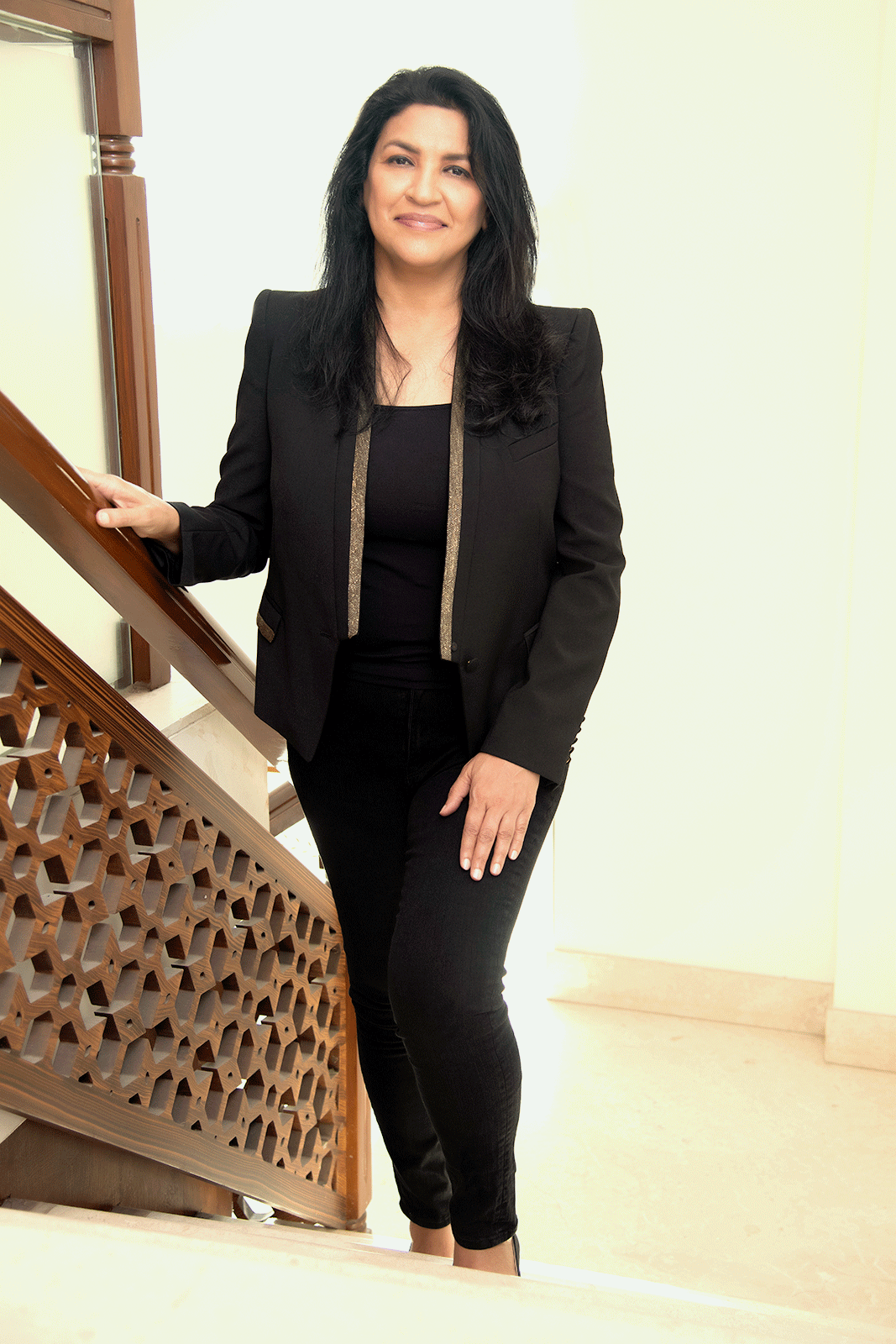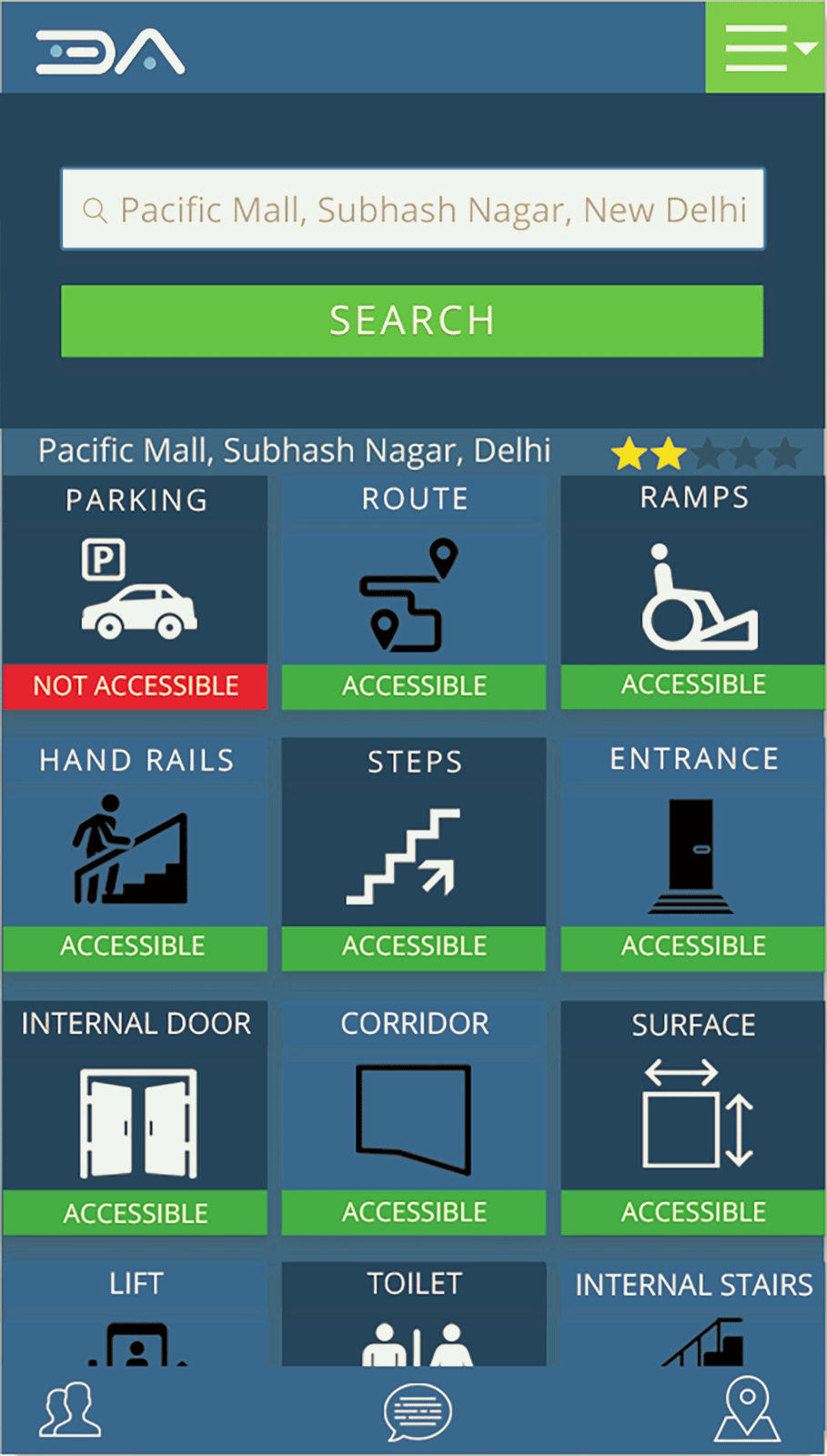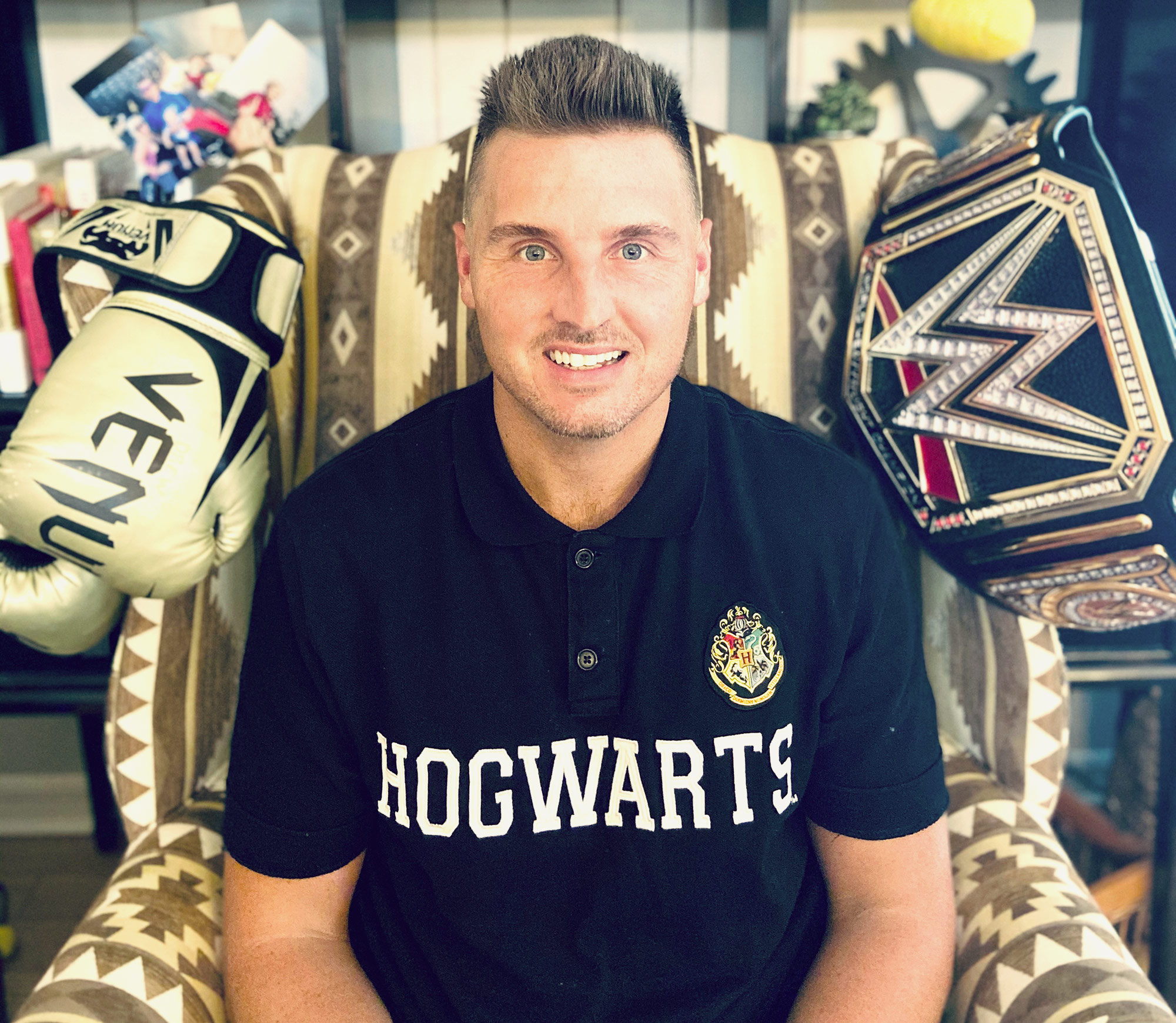Advocate for Disability Access in India Honored with the 2021 Shinagel Award for Service
Growing up in India, the daughter of parents with little formal education, Sunita Mittal Agarwal, ALM ’13, thought a college education was out of reach.
Today, this first generation college student holds two master’s degrees and has been a tireless advocate on behalf of persons with disabilities in her native India. In recognition of this service, she was awarded the 2021 Dean Michael Shinagel Award for Service to Others by the Harvard Extension Alumni Association (HEAA).
Agarwal credits Harvard Extension School with giving her the courage to get involved and give back to the community.

“My experiences at Harvard Extension changed my life,” Agarwal says. “Harvard encouraged me to think bigger and to be bold. It empowered me and gave me the confidence to lead change.”
Those experiences also showed her how to persist and succeed in the face of unexpected challenges.
Living alone in Boston, away from her large close-knit family for the first time, proved to be more intimidating than Agarwal expected. And in addition to the challenge of learning in her second language, Agarwal found the teaching methodology and assignments confusing.
“I really wasn’t used to the American way of studying. I cried so many times throughout that first course,” she says.
Overcoming those early challenges taught Agarwal important lessons that she has brought to the fight for greater accessibility in India.
“It’s a difficult uphill task, getting people to change. It means fighting bureaucracy to get the information you need, to get the right approvals. And people say, ‘why ruffle feathers? Let the status quo be the status quo,'” Agarwal says.
Her interest in accessibility started on one of her return trips to India. Home with a broken leg, she realized just how difficult it was to go anywhere—even inside her own house—with limited mobility.
After graduating from Harvard, Agarwal became involved in the Ministry of Social Justice and Empowerment’s Accessible India Campaign. Together with her son Yashovardhan, Agarwal spearheaded the creation of EasenAccess, the final initiative in the Accessible India Campaign’s seven-point policy plan.
A free app for Android, EasenAccess empowers people with physical disabilities by providing information about accessibility in public spaces throughout India.

EasenAccess, which launched in 2017, gives users details about the accessibility of certain places based on 12 parameters, such as dedicated parking, ramps and handrails, width of doors and corridors, and elevators. To get the data they needed to populate the app, Agarwal and her son initially conducted a personal survey of 25 public sites. Eventually, after fighting through layers of bureaucracy, they were able to add data from the federal government on roughly 1,500 additional sites.
In parallel with her work on EasenAccess, Agarwal lobbied for the passage of accessibility legislation, resulting in the passage of The Rights of Persons with Disability Act (RPWD Act 2016) in December 2016.
Progress toward greater accessibility in India continues to be slow, but attitudes are changing.
“In 2014, apps were fairly new, and EasenAccess didn’t take off as well as I would have liked.” Agarwal says. “We did a lot of direct marketing, but it wasn’t always well received. But the concepts have trickled down and I do see change. There are ramps at the markets and bus stops in Delhi now. Hotels are fully accessible, as are cinema halls. Change is slow, but it is happening.”
Today, Agarwal continues to improve and market the EasenAccess app across India. Her goal is to make it fully interactive, allowing users to input accessibility information about spaces they visit. Currently available only for Android, she hopes to launch an iPhone version soon.
Through her work with the HEAA and the Harvard Club of India, Agarwal has also begun to advocate on behalf of first generation students like herself. Most recently, she helped 11 students win Harvard scholarships for online courses through edX. She hopes to increase fundraising for additional scholarships for underprivileged students from across the world.
“It makes an immense difference in the lives of these students—to see their joy when they learn that they can take a course at Harvard,” Agarwal says. “It’s a very big deal. Too many students don’t even know that this opportunity is open to them. I hope I can continue to give back to both Harvard and to India by helping to ensure that persons with disabilities, the elderly, and underprivileged children feel included and know that they are valued.”


